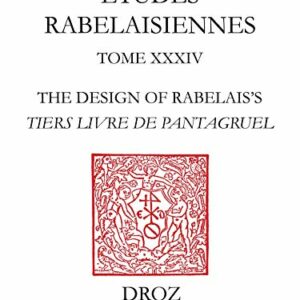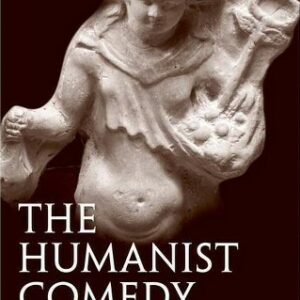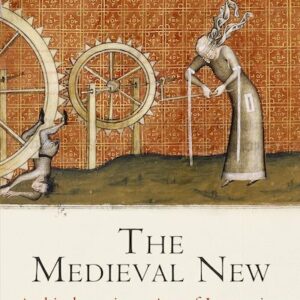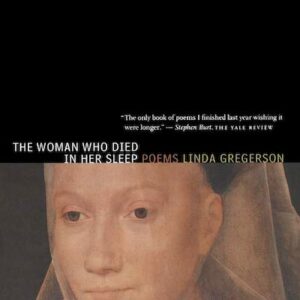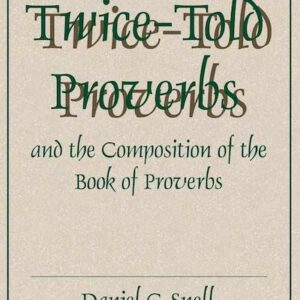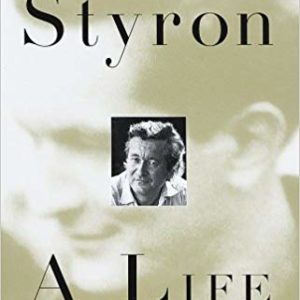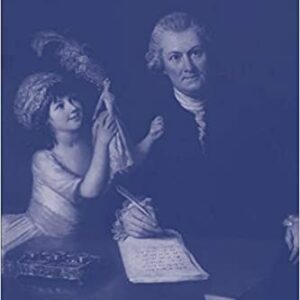
Small Change: Women, Learning, Patriotism, 1750-1810
By Harriet Guest (NHC Fellow, 1989–90) During the second half of the eighteenth century, the social role of educated women and the nature of domesticity were the focus of widespread debate in Britain. The emergence of an identifiably feminist voice in that debate is the subject of Harriet Guest’s new study, which explores how small … Continued

